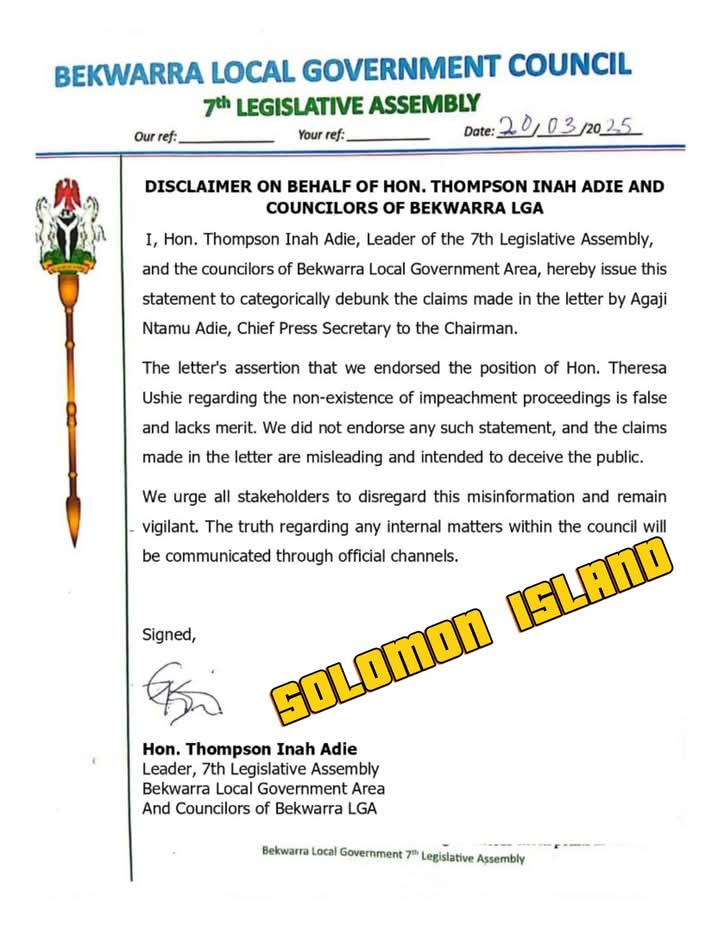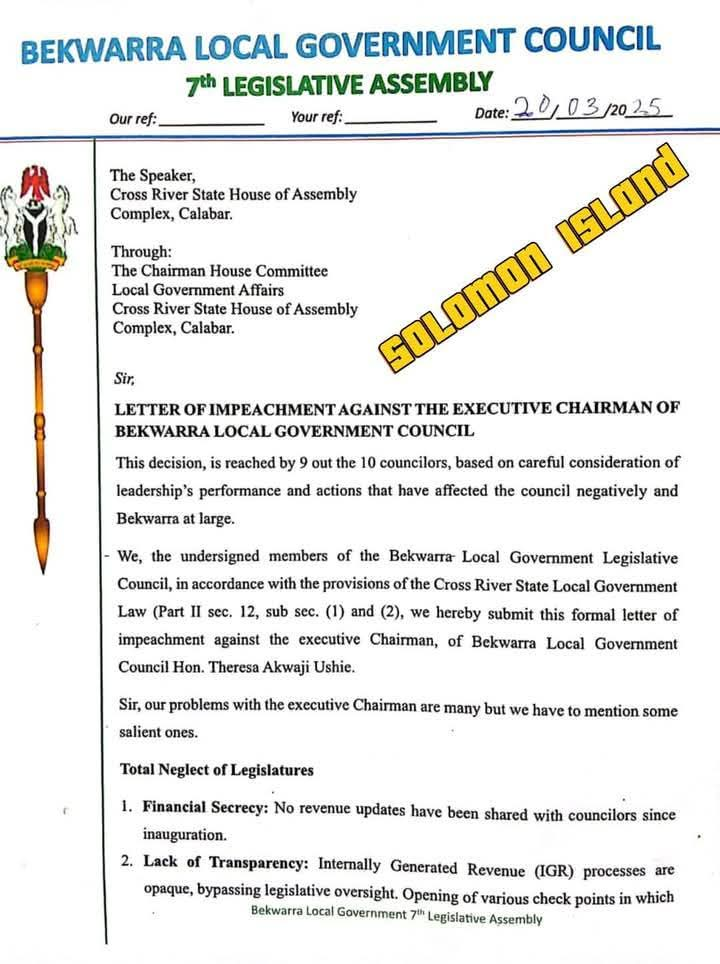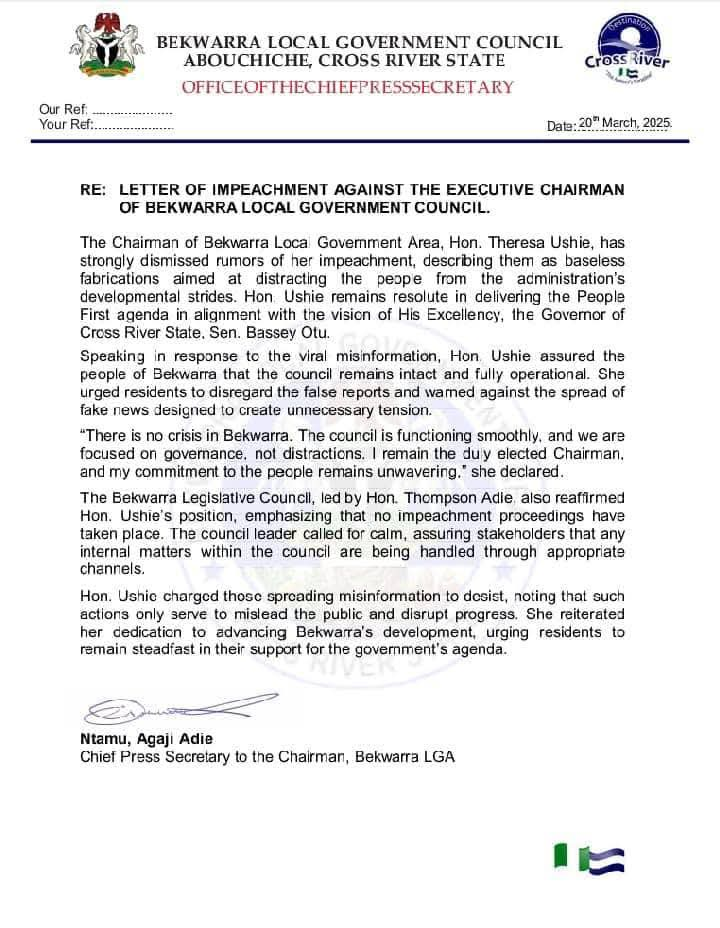In this age where more people believe more in receiving than giving, Cross River Commissioner for Education, Senator Stephen Odey Ph D has undertaken the daunting responsibility of transforming the lives of indigent students through giving by awarding educational scholarships to them.
This laudable empowerment took place recently when he reached out to the society by awarding scholarships to 34 tertiary education students at the Yache Town Hall Meeting which was held on March 29, 2025. The scholarship scheme offered by the Hon Commissioner has a direct impact on the recipients principally because this will enable them to acquire better education.
While the scholarship scheme will ease some of the pressure and challenges the students are facing, it will equally instill some sense of love in the students so that some time in future some of them would extend the same to others in need in the society. When I remember the pains some people went through while staying at home due to lack of funds it is only proper that I commend this gesture by Steve Odey.
I strongly believe that when you want to develop human beings you do everything that would ensure they are totally developed by supporting their education, that is what the Commissioner has just displayed by his gesture. Education is required by everyone and with the vastness of political office holders, it is necessary that those who are well off should emulate Odey and start something like this within their immediate sphere of contact before the government comes in.
In Yala where he has business interest, he is doing much in the area of education by touching the lives of the students there through scholarships and the building of educational infrastructure. A total of fifty Six (56) staff on his monthly payroll which practically translates to putting food on the table of several families is truly exceptional and worthy of commendation.
Though he is making his contributions as a political office holder, he is equally functioning where God wants him to function, giving a helping hand to indigent persons. I like to commend him for his style of leadership with tangible evidence of development as seen in the facilitation of the construction of rural roads, schools, hospitals and general infrastructure in his domain.
In the bustling corridors of politics and governance and the hallowed halls of academia, Associate Prof Odey is forming a silent landmark of emulation. A seasoned politician like Odey with a second address is looking beyond the confines of acquiring wealth for himself and quarterly returns, casts a discerning eye on the landscape of education and has put smiles on thirty four students. It’s not just about benevolence; it’s strategic and visionary.
I want to welcome all to the world where philanthropy meets educational investment in Cross River State as exemplified by Associate Prof Odey, a confluence where corporate responsibility becomes more than just a buzzword. In this interplay, politics don’t just thrive – they enrich societies by boosting education with an intrinsic link between the political world and education, a connection that shapes futures and fosters growth. After all, investing in education is the ultimate affirmation of the profound role of good men in society and recognizing education as a long-term investment for the good of all.
I congratulate Associate Prof. Stephen Odey for setting this pace!
Disclaimer: The opinion expressed in this article is strictly that of the author, Ogar Solomon, and does not represent TheLumineNews, it’s agent or the organization the author works for.


